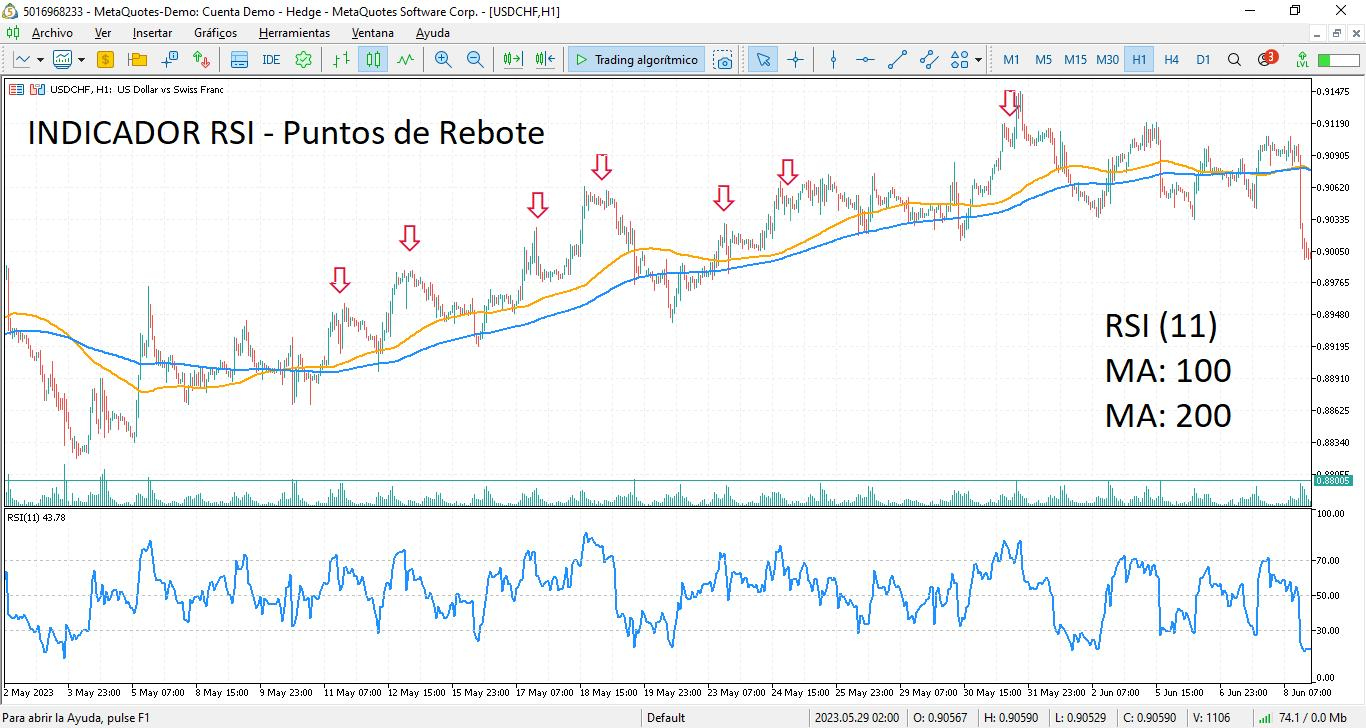How to Collect Authentic Testimonials that Speak for Your Brand
In the world of marketing, testimonials from satisfied customers are a powerful tool for building credibility and trust in your brand. An authentic testimonial can be the difference between a potential customer who is attracted to your product or service and one who remains undecided. In this article, we will explore how to collect authentic testimonials that speak for your brand and provide practical tips for doing so effectively.

Why are testimonials important?
Testimonials are important because they offer a real and objective perspective of a customer's experience with your brand. When a satisfied customer shares their experience, it can influence the purchasing decision of other potential customers. In fact, according to a study by Nielsen, 92% of consumers trust recommendations from friends and family, and 70% trust the opinions of other consumers online.
Types of testimonials
There are several types of testimonials that you can collect for your brand, including:
- Written testimonials: These are the most common and can be published on your website, social media, or marketing materials.
- Video testimonials: These are more impactful and can be published on your website, YouTube, or social media.
- Audio testimonials: These can be published on podcasts or as audio files on your website.
- Social media testimonials: These can be published on your social media and can be shared by your followers.
How to collect authentic testimonials
Collecting authentic testimonials requires a bit of effort and planning, but here are some tips for doing so effectively:
1. Identify your satisfied customers
The first step is to identify your satisfied customers. You can do this through surveys, comments on social media, or online reviews. Once you have identified your satisfied customers, you can contact them to ask them to share their experience with your brand.
2. Create a testimonial collection process
Establish a process for collecting testimonials on a regular basis. You can create an online form or an email that is sent to your customers after a purchase or interaction with your brand.
3. Ask open-ended questions
Instead of asking closed questions, ask open-ended questions that allow your customers to share their experience in detail. This will help you get more authentic and detailed testimonials.
4. Offer incentives
Offer incentives to your customers for sharing their experience with your brand. You can offer discounts, gifts, or recognition on social media.
5. Edit and publish the testimonials
Once you have collected the testimonials, edit and publish the ones that are most relevant and authentic. Make sure to get permission from your customers before publishing their testimonials.
Collecting authentic testimonials is an effective way to build credibility and trust in your brand. By following these tips, you can collect testimonials that speak for your brand and help you attract more customers. Remember that authenticity is key, so make sure to get testimonials that are genuine and detailed.





